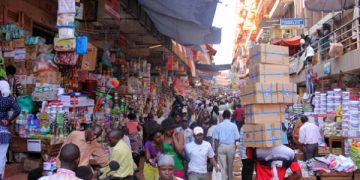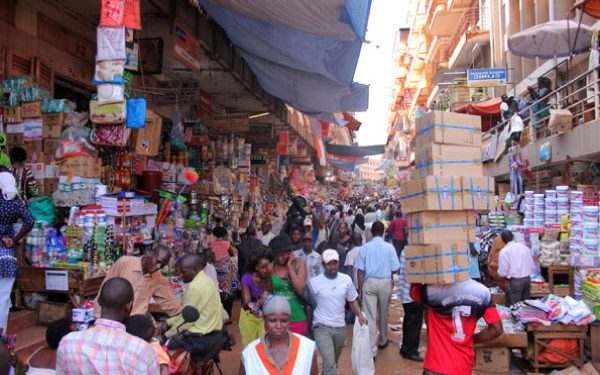EPRC Uganda
Since November 2021, EPRC has conducted several pieces of research analysing e rising cost of essential commodities. The analysis has focused on fuel and other essential commodities.
As shown in Figure 1, several essential commodities have registered unusual surges in prices. For example, over the 3months period (December 2021-February 2022), the laundry soap price has increased by about 26%. Other large increases have been registered for cooking oil (refined or unrefined), petrol (16%), and sugar (10%)—only salt and milk show declines in prices of the same period.

Despite the general price rise for most commodities, the retail prices of laundry soap and cooking oil have escalated faster, especially from January and February 2022. During this short period, the national average retail price for laundry soap bars rose by 18%, from UGX 4,920 in January to UGX 5,826 per kg in February 2022.
On the other hand, refined cooking oil prices rose by 7% from UGX 9,290 to UGX 9,907 per litre during the same period. Except for sugar, the other essential commodities depend on imported inputs—whose prices have increased drastically since July 2021.
For cooking oil and soap—two products that depend on the same raw material, i.e. crude palm oil, the increases are driven by changes in the international price of crude palm oil. The price of Crude Palm Oil (CPO) increased by 41% (i.e. USD 555 per metric tonne) from USD 1,345 in January 2022 to USD 1,900 per metric tonne by the end of February 2022.
Similarly, for fuel, the price of OPEC prices for crude oil has increased significantly mainly because of increasing COVID-19 vaccination rates, relaxation of containment measures, and a global economic rebound that resulted in the worldwide petroleum demand rising faster than supply.
The short-term prospects for commodities that depend on imported inputs are good. International commodities are projected to increase further because of the Russia-Ukraine—the two countries are major crop producers. For example, the two are the leading exporters of sunflower—a substitute for crude palm oil. With a very low supply of sunflower on the international market, the demand for the substitute, i.e., crude palm oil, will continue to surge.
Secondly, away from crop commodities, sanctions placed on Russia will severely affect the prices of key commodities, notably oil and gas. Given the above changes, it is order for the Government to prioritize its import replacement drive as articulated in the National Development Plan III.











